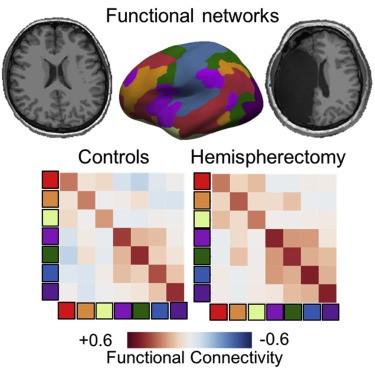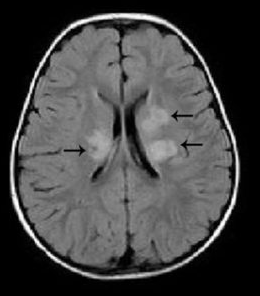
- Details
- ICNA
- News
- Hits: 2684
NeuroPace today announced it has received FDA approval for MRI labeling for its RNS System, a closed-loop brain-responsive neurostimulation system designed to prevent seizures in adults refractory to antiseizure medications. The approval applies specifically to the RNS-320 model of the RNS neurostimulator.
Read more: NeuroPace RNS System for Epilepsy Gets FDA Approval for MRI Labeling
- Details
- ICNA
- News
- Hits: 2284
Join the European Stroke Organisation and the World Stroke Organization for their jointly organised stroke conference in Vienna, 12-15 May 2020.
Read more: European Stroke Organisation and World Stroke Organization Conference
- Details
- ICNA
- News
- Hits: 1945
We would like to invite you to participate in a survey on Moyamoya angiopathy (MMA) management in the paediatric age group.
Read more: Invitation to Participate- Moyamoya angiopathy (MMA) – Practitioner Survey
- Details
- ICNA
- News
- Hits: 75470
Johnen A and colleagues from University of Münster, Germany in a recently published study in the European Journal of Paediatric Neurology suggests that early initiation of highly effective escalation therapies in pediatric patients with multiple sclerosis (MS) is associated with reduced cognitive impairment (CI) and may prevent cognitive decline in these patients.
They did a cohort study of 19 patients from a single center in Germany with therapy-naive or ß-interferon-treated juvenile MS (mean age, 15.05 years). The study participants completed a comprehensive neuropsychological assessment at the time of initial presentation and again at a mean follow-up period of 2.5 years. Physical disability was also assessed, along with neurological examination and magnetic resonance imaging (MRI).Read More

- Details
- ICNA
- News
- Hits: 6569
In a fascinating new study published in Cell Reports investigators from California Institute of Technology, Pasadena, California quantifying intrinsic functional connectivity in six individuals who underwent hemispherectomy, in childhood. Studies of temporal correlations of blood-oxygenation-level-dependent signal (BOLD) as indirect measures of intrinsic functional connectivity with resting-state fMRI have suggested that a relatively small set of resting-state functional brain networks underlie cognition and behaviour. It has been known that despite profoundly atypical anatomy some individuals have been able to retain relatively intact cognitive abilities. However it has not been explained whether this compensation is due to a reorganisation of functional networks or whether the integrity of cognitive function is always dependent on basic resting-state networks.For this study hemispherectomy subjects and healthy controls were scanned with identical parameters on the same scanner and compared to a large normative sample (n = 1,482).
The researchers found that both hemispherectomy subjects and controls showed strong and equivalent intrahemispheric connectivity between brain regions typically assigned to the same functional network.For most of the hemispherectomy subjects the connectivity between different parts of different networks was markedly increased across all networks. The researchers hypothesize that a shared set of functional networks underlie cognition and that between-network interactions may characterize functional reorganization in hemispherectomy. Although there are several studies looking at the compensations in brain function following hemispherectomies, this is the first study to investigate resting-state functional networks across the entire hemisphere in individuals with hemispherectomy.
Hemispherectomies are performed in children with severe and intractable seizure disorder. Hemispherectomy is typically performed on children with Rasmussen's syndrome and on children have had strokes either perinatally or in early childhood and who have had intractable seizures often limited to one side of the brain. The study has provided fascinating new evidence on the reorganization of neural networks which results in compensated cognition following hemispherectomy and opens exciting prospects for further applications for resting-state fMRI studies on task-based functional localization.
Citation:
Kliemann D, Adolphs R, Tyszka JM, Fischl B, Yeo BTT, Nair R et al. (2019) Intrinsic Functional Connectivity of the Brain in Adults with a Single Cerebral Hemisphere.Cell Rep 29 (8):2398-2407.e4. DOI: 10.1016/j.celrep.2019.10.067 PMID: 31747608.
Read More
